Africa/Kenya/15-12-2019/Author(a): Christine Muchira/Source: www.kbc.co.ke
By: Christine Muchira
Education Cabinet Secretary, Prof George Magoha, says 9,000 Form One Students to benefit from Elimu Scholarship Programme in 2020.
The Ministry of Education has opened applications for the inaugural 2020 Elimu Scholarship Programme targeting 9,000 beneficiaries.
Eligible 2019 Kenya Certificate of Primary Education (KCPE) Examination candidates have until December 16, 2019 to apply for the scholarships that are funded by the Ministry of Education with support from the World Bank. They will be implemented through the Equity Group Foundation.
The Elimu Scholarship Programme, funded through the Secondary Education Quality Improvement Project (SEQIP), will benefit candidates from 110 targeted Sub-Counties and fifteen urban centres with informal settlements.
Announcing the start of the Elimu Scholarship, Education Cabinet Secretary Prof. George Magoha said the programme will boost the Government’s 100 per cent transition policy that was introduced last year.
“We are determined to utilize the Sh3 billion scholarship programme to further ensure that all the needy and vulnerable 2019 KCPE candidates are supported to gain admission to schools of their choice,” Prof Magoha said.
Equity Group Foundation Executive Chairman Dr. James Mwangi said the Foundation will ensure the selection is thorough and based on merit.
“Equity will deploy its massive infrastructure and its technical capacity to successfully implement the Elimu scholarship programme on behalf of the Ministry of Education in the selection of 18,000 needy beneficiaries of the Elimu Scholarship Programme over the next two years,” he said.
This year, Dr. Mwangi said 9,000 Elimu Scholarship Programme beneficiaries will be selected while 1,125 beneficiaries will be picked under the Wings to Fly Programme, bringing the total number of scholarships to 10,125 this year.
“We welcome the Elimu Scholarship Programme as it widens the opportunities for more children to access secondary school education and increase their opportunities of a better future for themselves, their families and communities. We have seen the tremendous transformational opportunities that the Wings to Fly program has had on the beneficiaries with majority transitioning to universities locally and across the world including Ivy League schools.”
Under the programme, poor and vulnerable children from financially constrained backgrounds and who attained 280 marks and above in 2019 KCPE, will be considered. For affirmative action, candidates who are Orphans and/or from Vulnerable Communities and those with special needs and disabilities who attained below 280 marks may be considered.
Only candidates who sat for KCPE examinations in 2019 from public primary schools in the targeted areas will be eligible to apply for the inaugural cohort of 9,000 scholarships tenable in 2020.
The 110 targeted Sub-Counties are as per the National Government Administrative areas that existed in the year 2015. The list of the targeted Sub-counties and the fifteen urban centres with informal settlements can be accessed through the Ministry of Education and Equity Group Foundation websites; www.education.go.ke and https://egfdmis.equitybank.co.ke/register_elimu
Applicants of the Elimu Scholarship Programme must meet the following eligibility criteria:
- Candidates with special needs and disabilities (Physical, Hearing and Visual Impairments, Autism, Albinism, Learning Disabilities and Others); or
Orphans and vulnerable children; or
Candidates from vulnerable communities in the target Sub-Counties; or
Candidates from urban centres with informal settlements; or
Candidates:
- whose parents/guardians are living with disabilities that have compromised their ability to meet the financial obligations of their children
- whose families are affected by HIV/AIDS and other chronic illnesses with debilitating effects that could render parents and guardians destitute and unable to fend for their families
- whose families are affected by extreme poverty rendering them unable to educate their children
- Who have suffered from neglect, abuse and have no support to continue with their education.
Interested applicants are advised to collect the scholarship application forms from the nearest Equity Bank Branch or Equity Bank Agent. Application forms can also be downloaded from the Ministry of Education and Equity Group Foundation websites; www.education.go.ke and https://egfdmis.equitybank.co.ke/register_elimu
Duly completed application forms and supporting documents should be submitted to the nearest Equity Bank Branch by 16th December 2019. Shortlisted candidates accompanied by parents/guardians will be invited for interviews which will be conducted by the Community Scholarship Advisory Committees.
The scholarship caters for School fees, transport to and from school, learning materials and School kit for the beneficiaries for the four-year education period. Please note that ONLY the candidates who meet the requirements will be considered for the scholarship. Members of the public are urged to share this information widely.
Any grievances regarding the scholarship programme are to be addressed to: elimu@equitygroupfoundation.com or elimu@education.go.ke
While the Wings to Fly programme is targeting students who scored at least 350 marks in the 2019 Kenya Certificate of Primary Education (KCPE), the Elimu Scholarship Programme cut off mark is 280 marks except in regions with vulnerable and marginalised communities and for children with disabilities where the cut off can be lowered.
The applications will be reviewed, and only shortlisted candidates will be invited for interviews by the respective scholarship selection boards. The number of boards has been increased to 207 from 119 to adequately cater for the increased numbers.
The boards comprise of at least 13 local community stakeholders including local administrative leaders, education officials, Equity Agent representatives, Vulnerable and marginalized communities representatives, religious and community leaders in the County.
Each board is chaired by the Deputy County Commissioner or the Sub-County Education Officer and coordinated by the respective Equity Bank Branch Managers.
Speaking on the application process, Dr. Mwangi urged administrative leaders and community leaders to use their offices to create awareness on the scholarships to ensure all eligible needy children take advantage of the opportunity. “I appeal to religious leaders to use church and mosque services to make announcements on the ongoing application process. Let all Kenyans of goodwill show their care by reaching out to potential candidates who can benefit from these scholarships,” he added.
The Wings to Fly programme which is now in its 11thyear supports bright but economically challenged pupils, who would otherwise not be able to join secondary school due to financial constraints. This is through funding from Equity Group, MasterCard Foundation and German Government through KfW.
The scholarship caters for tuition and boarding fees, books, uniform, and transport to and from school as well as pocket money for the four years of secondary school. To date, 16,168 scholars have benefitted from this programme.
Last year, the Equity Group Foundation received more than 26,000 applications from needy students who sat for their 2018 KCPE examinations and were unable to finance their secondary school educatio.
Source: https://www.kbc.co.ke/18000-needy-students-government-scholarship/
Image: Rolf Dobberstein en Pixabay
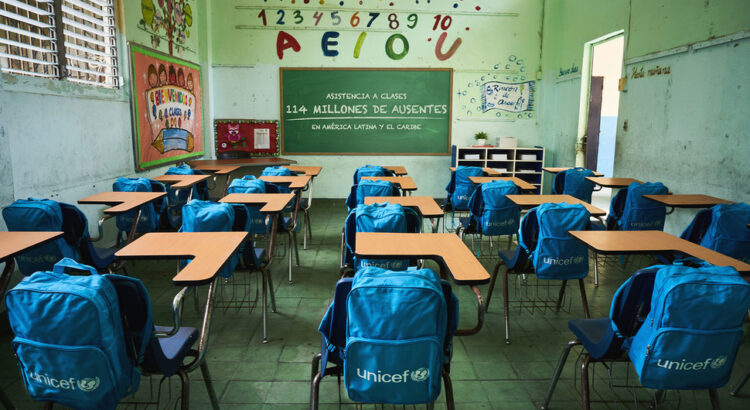

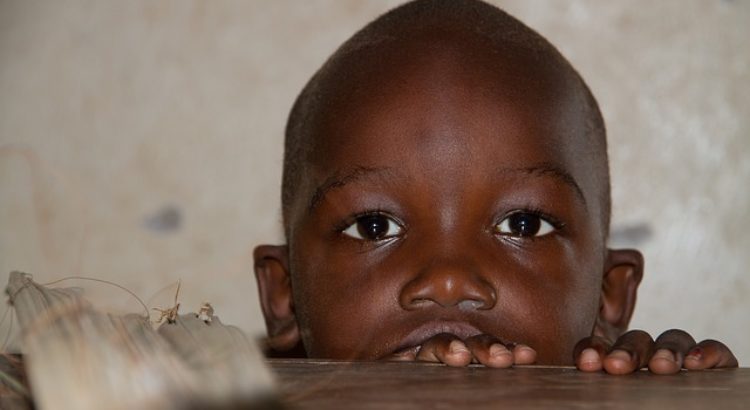
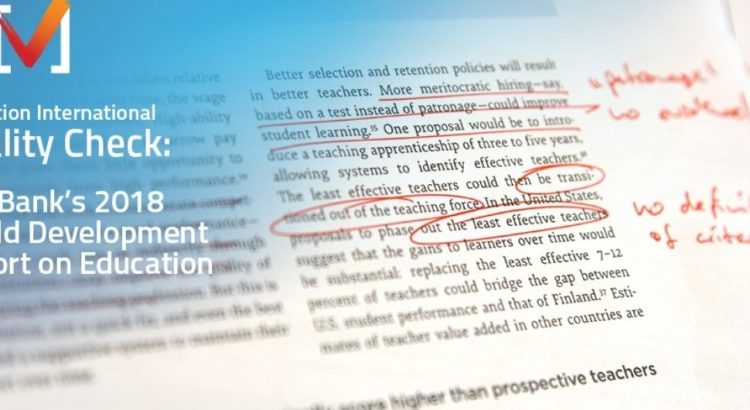
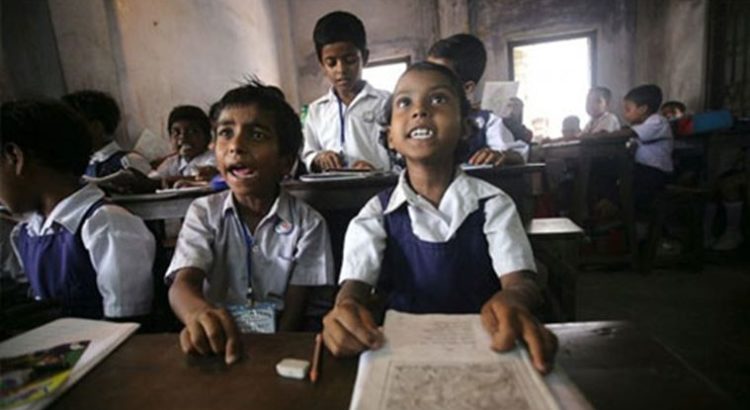
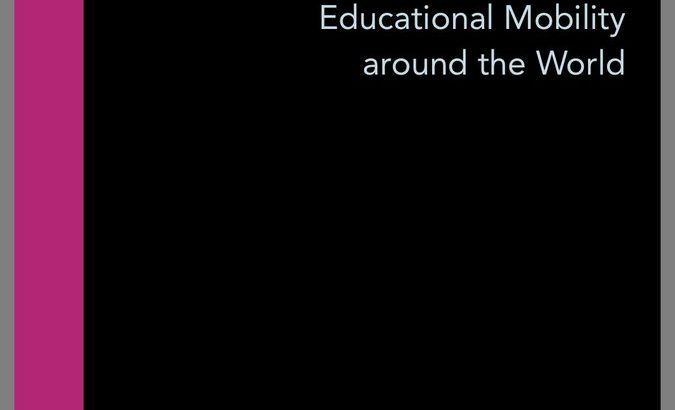






 Users Today : 253
Users Today : 253 Total Users : 35459848
Total Users : 35459848 Views Today : 425
Views Today : 425 Total views : 3418397
Total views : 3418397